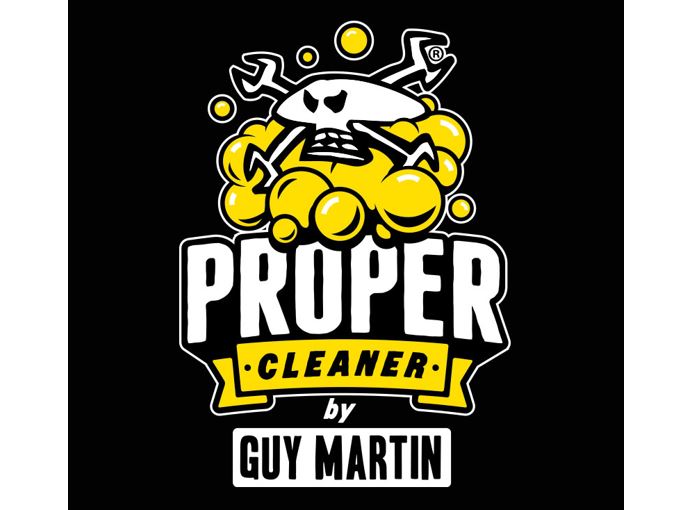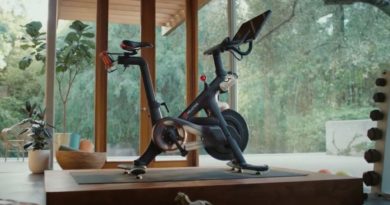Ask the trade: Does sponsorship convert to shop sales?
Remember the last time you bought a product just because your favourite rider ran it in a race? Does that sponsorship influence carry like it used to? As news emerges that big labels are dumping brand ambassadors CI.N asks the trade…
 What, in your view, are the most influential factors driving consumer purchases on your shop’s goods?
What, in your view, are the most influential factors driving consumer purchases on your shop’s goods?
Dave Mellor, Woodside Bikeworks
Probably due to being a workshop-led business, most customers are happy to go with my recommendation on parts and accessories. I think to most consumers the number of brands out there offering seemingly (to them at least) similar products can be overwhelming. I guess the main advantage a bricks and mortar business has over online retailers is the expert advice we can offer, even if we might be slightly biased towards our stocked brands.
Second to that, I think most people are drawn to, or at least curious about, anything being hyped in the press, magazine and online reviews; these definitely sway buying decisions.
Paul Corcoran, Pennine Cycles
For me, it’s marketing including what people read on the internet. That includes via our own social media and personal recommendations from me. Customers trust us and take our advice, which goes towards their final purchase the majority of the time.
Dan Makin, The Dirt Factory
Quality is one of the main factors, but so is the price point, even more so in the current times. But essentially we find that our customers look for a balance between a high quality product and price.
Does rider or team sponsorship have a notable weight on those buying goods – how much emulation and desire for signature lines among enthusiasts is there?
Dave Mellor, Woodside Bikeworks
I think amongst enthusiasts, a brand that’s found its way on to a World Cup or EWS podium will certainly be more interesting. Possibly because I do also work with professional teams and athletes, but a frequent question from customers is what I think of the bike, tyres or brakes that a certain rider or team is using.
At the end of the day, bikers are all big kids, whether we like to admit it or not, so when we’re out riding for sure a part of your brain will be re-enacting the last race run or riding edit you saw (in your head at least). So, I think if a rider puts their name to a product or it has been used in a video, people will connect with it more than it being just another product with a decent review in the press.
Paul Corcoran, Pennine Cycles
People are watching more cycling on TV and so are influenced by pro riders. I personally make decisions on what lines I stock based on rider profiles. Over the years we have sponsored young up and coming cyclists and currently sponsor our local cycling club, although I am not always sure how beneficial it always is.
 Dan Makin, The Dirt Factory
Dan Makin, The Dirt Factory
We think it does, and this is another influential factor. The best example is probably the DMR Deathgrip, customers went nuts for those at our indoor bike park and the trend has carried on to our shop at Farmer Johns. Another example, we recently stocked the new Matt Jones signature Gusset seat and straight away we had the younger riders buying it. In the current social media and influencer world we live in it seems inevitable that a good proportion of viewers are going to buy into whatever their idols are riding.
Are you more inclined to stock goods with a strong story for enthusiasts, or do other factors come first in decision making? If so, what comes first?
Dave Mellor, Woodside Bikeworks
Ignoring the last couple of years of pandemic related supply issues where I think for many shops it was a case of stocking what’s available, my policy is to firstly ask, is it any good? Secondly, would I buy it?
Possibly not the most commercially astute way to do things, but I think its honest and builds trust consumers have in your shop. Also it hopefully saves future workshop time in dealing with product failures. As I mentioned earlier, customers ask a lot about products used by a rider or team and it is definitely important for them to have a connection with a certain product or brand, but as retailers and suppliers, I think we also have a responsibility to help them sift through the hype and decide if it’s right for the customer.
I’m fortunate to have a bit more insight than many into the relationship between brands and riders. Obviously there’s no better environment for testing and development than the highest level of competition in any discipline of cycling, but remember that what the products a rider or team uses will be much more a financial decision than personal preference in most cases. Your customer may have seen Rider X win a World Cup on those new pedals everyone’s talking about, but he won’t have seen how many sets his mechanic threw in the bin over the weekend.
I think in summary, it’s important to stock product that has a story or connection to a rider, or event, but look past the marketing and help customers make the right decision for them.
Paul Corcoran, Pennine Cycles
We are not influenced by strong storylines, but obviously take note of current trends in cycling which might be being pushed. Availability of goods is always a big influence for us and supplier reliability. There are brands that have a history that could influence us, but equally it depends on the ownership and UK suppliers.
Dan Makin, The Dirt Factory

Having a good story does help, but it’s not the deciding factor, the product has to be high quality first and foremost. I think a product would soon get found out if the story was good, but was poor quality. Perhaps if you have the perfect blend of quality, price and a good story you’ll be on to a winner.
We’re not on any commission here, but a good example I can think of is the Guy Martin bike cleaner, which is sent out with no water, just a sachet to mix yourself, thus they claim it reduces their carbon footprint because it’s lighter when shipping. This mixed with the legend himself creates a good story.



